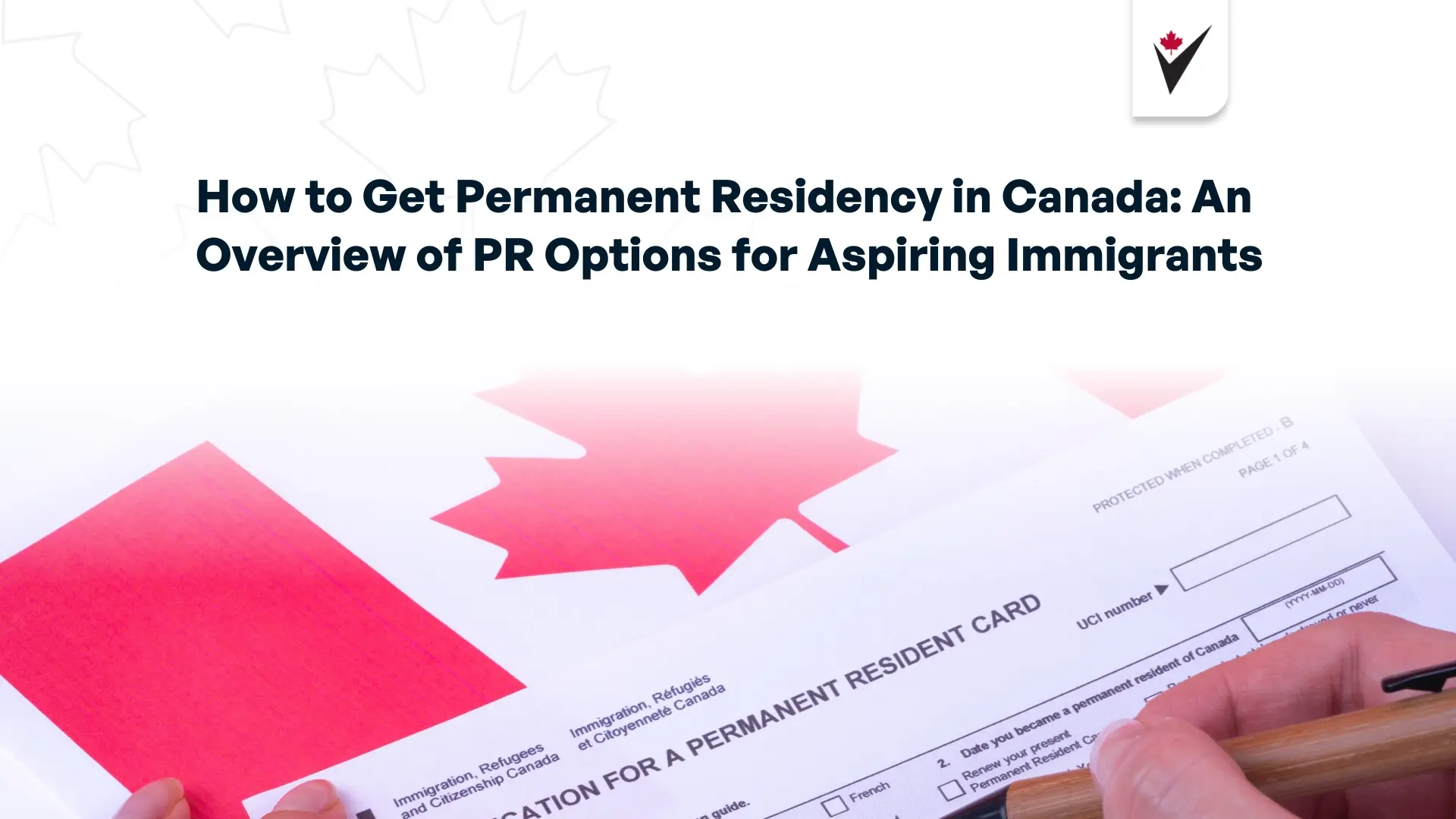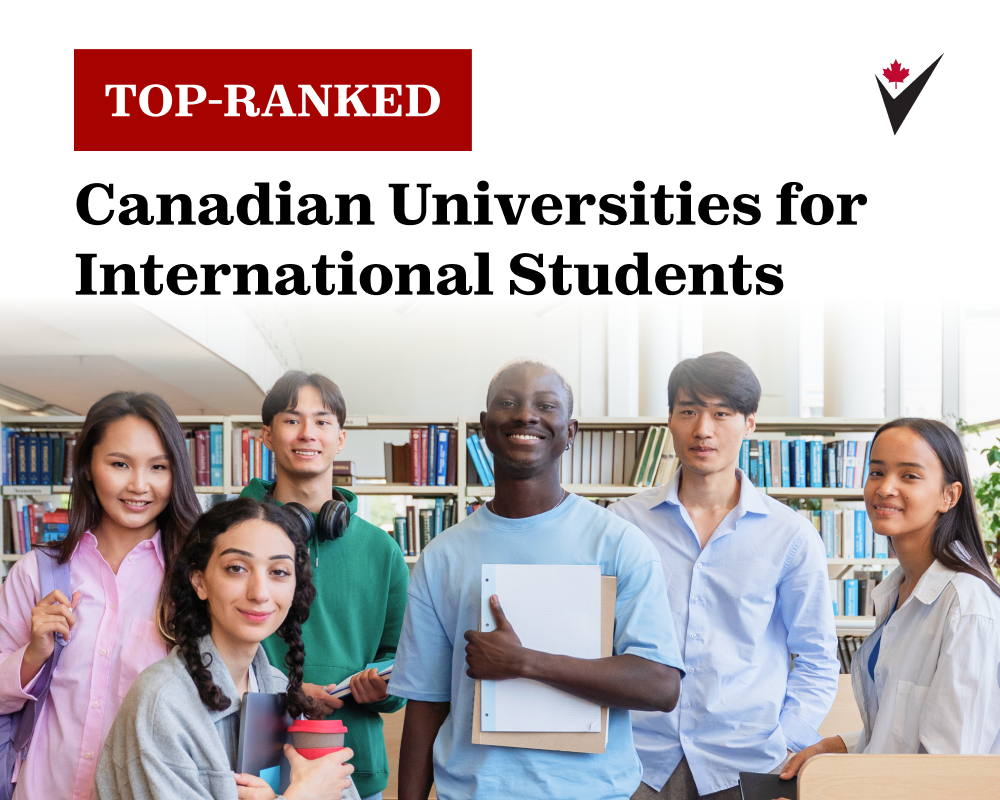Immigration Consultant Kelowna
Expert Canadian immigration services in Kelowna, provided by dedicated consultants who are with you every step of the way throughout your Canadian immigration process.

Regulated Canadian Immigration Consultants (RCIC-IRB)
Proudly regulated by and in good standing with the College of Immigration and Citizenship Consultants (CICC). Registration #: R507233.

Achieve Your Canadian Immigration Goals
If you’re an aspiring immigrant to Canada, our Canadian immigration consultants in Kelowna are dedicated to making the process simpler for you.
With more than 35 years of experience in immigration services and possessing in-depth knowledge of the Canadian immigration system, our immigration consultants will you through every step of your Canadian immigration journey. We are committed to ensuring a smooth, transparent experience, always working with the highest level of integrity and professionalism to help you achieve your immigration goals in Canada.

Our Immigration Services in Kelowna
As Canadian immigration consultants in Kelowna, we provide comprehensive immigration services and expertly manage every aspect of your application process.
We tailor our approach to your unique immigration goals. Our Canada immigration consultants in Kelowna are fluent in many languages, including English, Spanish, Portuguese, French, Polish, Tagalog, Ilocano, Korean, and Mandarin, and will provide personalized strategies and clear, step-by-step guidance in your preferred language. Whether you're seeking permanent residence, want to study, work, or invest in Canada, our experienced professionals are here to help you.

For Foreign Nationals
For Permanent Residents and Canadian Citizens
We provide full assistance with all aspects of applying for Canadian citizenship and help those seeking family reunification by sponsoring their spouse or family members to immigrate to Canada.
For Business Investors
We assist businesses looking to invest in Canada by helping them make the most suitable choice for business immigration, offering guidance every step of the way.
For Canadian Employers
We provide invaluable assistance to employers seeking to hire foreign workers with all the steps involved in hiring and bringing foreign skilled workers to Canada.
What Our Clients Say
Why Trust CanDo as Your Immigration Consultant in Kelowna
CanDo Immigration stands by our core values of excellence, honesty, passion, and respect in providing comprehensive Canadian immigration services. Our immigration consultants in Kelowna are committed to providing the highest standards of services, taking care of all the steps required to live, study, work, invest in, or immigrate to Canada.
Demonstrated Expertise
With 3,500+ successful LMIA applications, 10,000+ successful work permit applications, and 23,000+ successful permanent residence applications, CanDo Immigration has a proven track record in handling complex immigration challenges effectively to deliver positive outcomes for our clients.
Comprehensive Immigration Services
At CanDo Immigration, we handle every step of your immigration application, from initial assessments and detailed application preparation to providing informed advice and support once you arrive in Canada.
Tailored Immigration Support
We recognize that every Canadian immigration journey is unique. Our dedicated immigration consultants in Kelowna collaborate with you to develop a customized strategy designed to maximize your chances of success.
Transparency and Integrity
At our Kelowna office, our dedicated team of Canadian immigration agents is focused on providing honest and transparent guidance throughout every stage of your immigration process. We prioritize clear and open communication to keep you informed and supported from start to finish.
Canadian Immigration News, Tips, and Resources

How to Get Permanent Residency in Canada: An Overview of PR Options for Aspiring Immigrants
For many aspiring immigrants, the dream of building a new life in Canada begins with securing permanent residency. Canada offers a welcoming environment, a high quality of life, and a wealth of
read more
How Long Does it Take to Get Canada Permanent Residency: 5 Factors That Can Affect Your Processing Time
If you’re seeking permanent residency in Canada, one of the most pressing questions you may have is: how long does it take to get Canada permanent residency? The waiting period can be a significant
read more
Top-Ranked Canadian Universities for International Students
Every year, Canada welcomes hundreds of thousands of international students. When you study in Canada, you invest in your future. In this article, we’ll explain why Canada is an ideal destination for
read moreFrequently Asked Questions
Do I need a lawyer for Canadian immigration?
In most situations, a regulated Canadian immigration consultant can provide effective assistance. However, there are instances where hiring a lawyer may be beneficial, particularly if your case involves a judicial review in a Canadian court.
You may also need a Canadian immigration lawyer when you need specialized legal services or advice for intricate business immigration cases involving legal contracts. In most instances, a regulated immigration consultant has the necessary expertise and knowledge of Canadian immigration law, policies and procedures to guide you through each step of your immigration journey.
How do I know if I am eligible to immigrate to Canada?
How long does the Canadian immigration process take?
Find Your Licensed Immigration Consultant Wherever You Are Located
We assist clients across Canada and internationally. See the cities and countries below to find your regulated Canadian immigration consultant.
Take a Free
Assessment
Complete our free assessment to find out your eligibility to immigrate to Canada.
FREE IMMIGRATION ASSESSMENT
